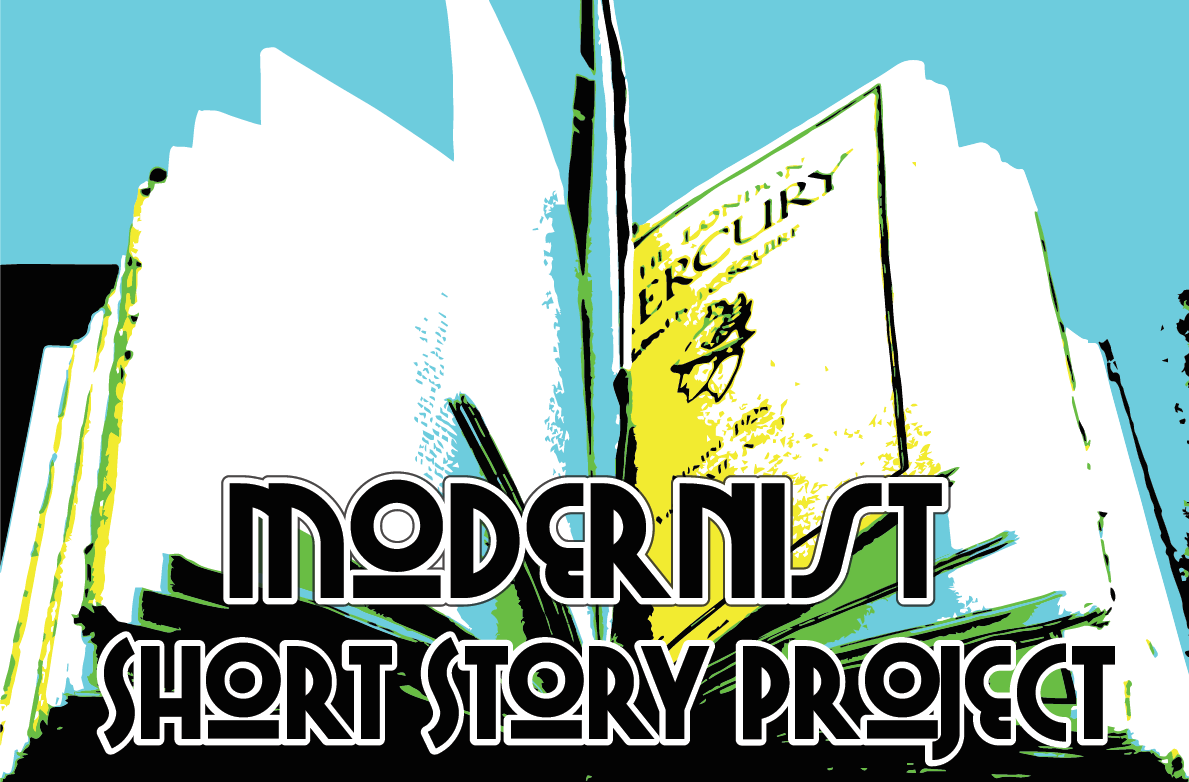Title
Intertextuality, Aesthetics, and the Digital: Rediscovering Chekhov in Early British Modernism
Document Type
Article
Publication Date
Summer 2019
Abstract
Mark Halliday’s poem, “Chekhov,” published in 1992, raises a simple yet profound question regarding the Russian playwright and author, Anton Chekhov: What do we get from Chekhov? Considering the present article’s particular focus, Halliday’s query may be used to ask how Chekhov influenced early modernist writers (circa 1900-1930) from the British literary context. However, when considering the amount of scholarly work devoted to this question, the initial simplicity of Halliday’s inquiry evaporates, giving way to a breadth of complexity, nuance, and ambiguity. Such ambiguity has led scholars attempting to trace the intertextual convergence between Chekhov and the early modernist writers to arrive at a variety of critical conclusions. Ultimately, when we ask Halliday’s question anew—whether focusing on Chekhov’s own career or the years following the first translations of his work appeared for English readers—the answer remains as simple yet elusive as in the poem.
Recommended Citation
Jacob, Sam, "Intertextuality, Aesthetics, and the Digital: Rediscovering Chekhov in Early British Modernism" (2019). Modernist Short Story Project. 35.
https://scholarsarchive.byu.edu/mssp/35

